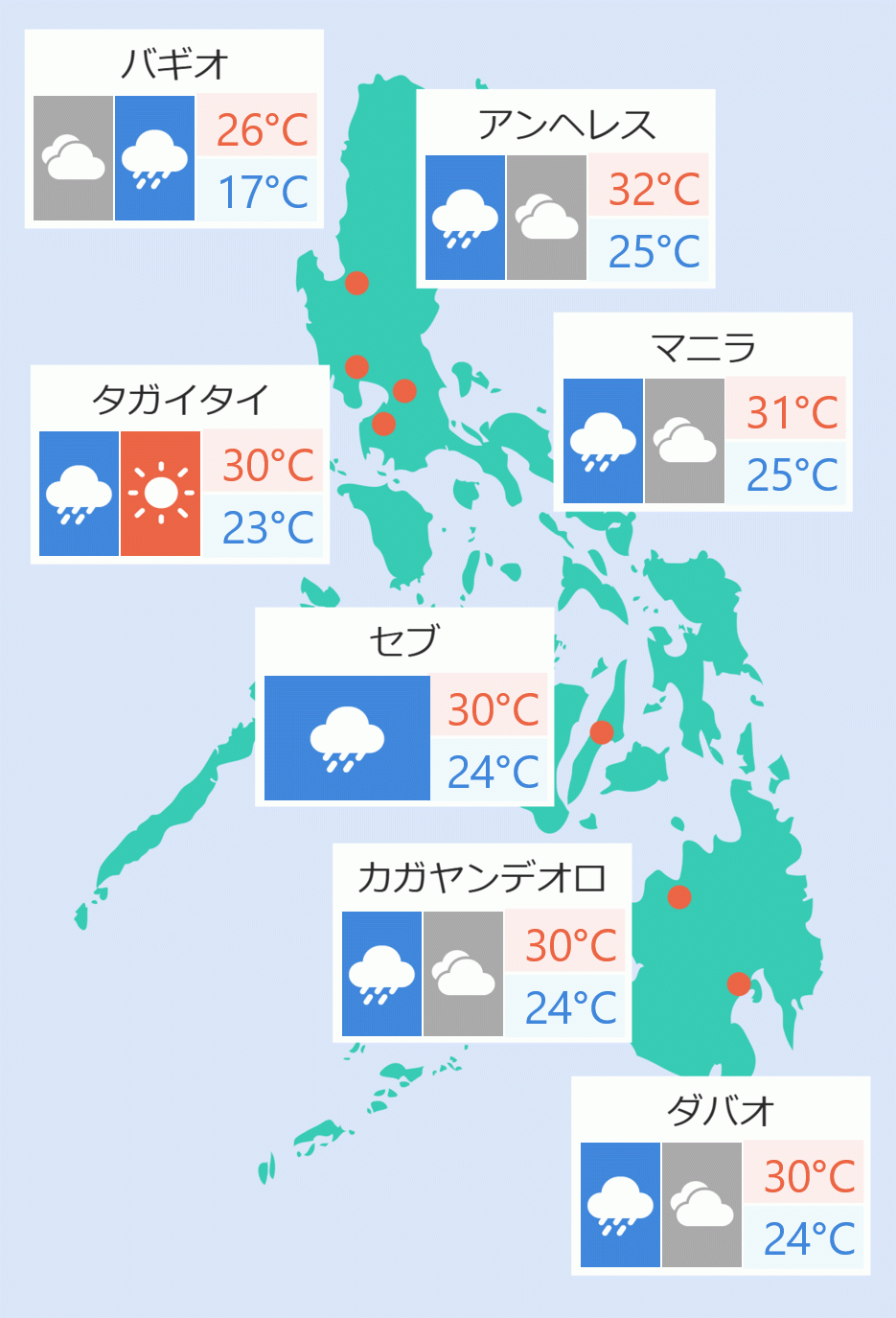The Philippine Coast Guard (PCG) will continue to patrol the West Philippine Sea (WPS) to ensure the safety of the Filipino fishermen and assert the sovereign rights of the country amid China's new policy authorizing its Coast Guard to detain foreign intruders.
"The PCG under the leadership of Admiral (Ronnie Gil) Gavan will still strategically deploy our Coast Guard vessels to ensure the safety and security of the Filipino fisherman. The PCG will continue to patrol the area," PCG spokesperson for the West Philippine Sea Commodore Jay Tarriela said in an online press conference on Friday.
"We will ensure that our fishermen can freely conduct fishing activities within our exclusive economic zone. The domestic law that they passed will not deter the Philippine Coast Guard and the Armed Force of the Philippines in protecting the interest of the Filipino People," he added.
China announced its new regulation following the sail of Filipino civilians in Scarborough Shoal. Under the new rule, foreigners who will illegally cross Chinese borders will be detained without trial.
Tarriela expressed belief that China's rule was made to threaten the Filipino fishermen and civilians like the "Atin Ito" Coalition from returning to the Scarborough Shoal.
"I'm certain that the Chinese Coast Guard has just passed this kind of domestic law to intimidate civil society, the private practitioners, or even the ordinary fisherman to sail in these areas," he said.
Tarriela also believed that China is not "really serious" in implementing its new policy emphasizing that other claimant countries in the South China Sea will be affected.
"The mere fact that they claim full sovereignty over our own exclusive economic zone, and they are just justifying their imaginary nine dash line. Definitely it is not just the Philippines that will be affected by this kind of domestic law. What about the Vietnamese, the Malaysians, the Indonesians," he said.
"I don't think that China is really serious in doing this because there will be a big backlash against them as a country and most likely more countries would really criticize and stand-up against this kind of illegal domestic load that they pass without considering the implications on international law," he added. Robina Asido/DMS




 English
English










